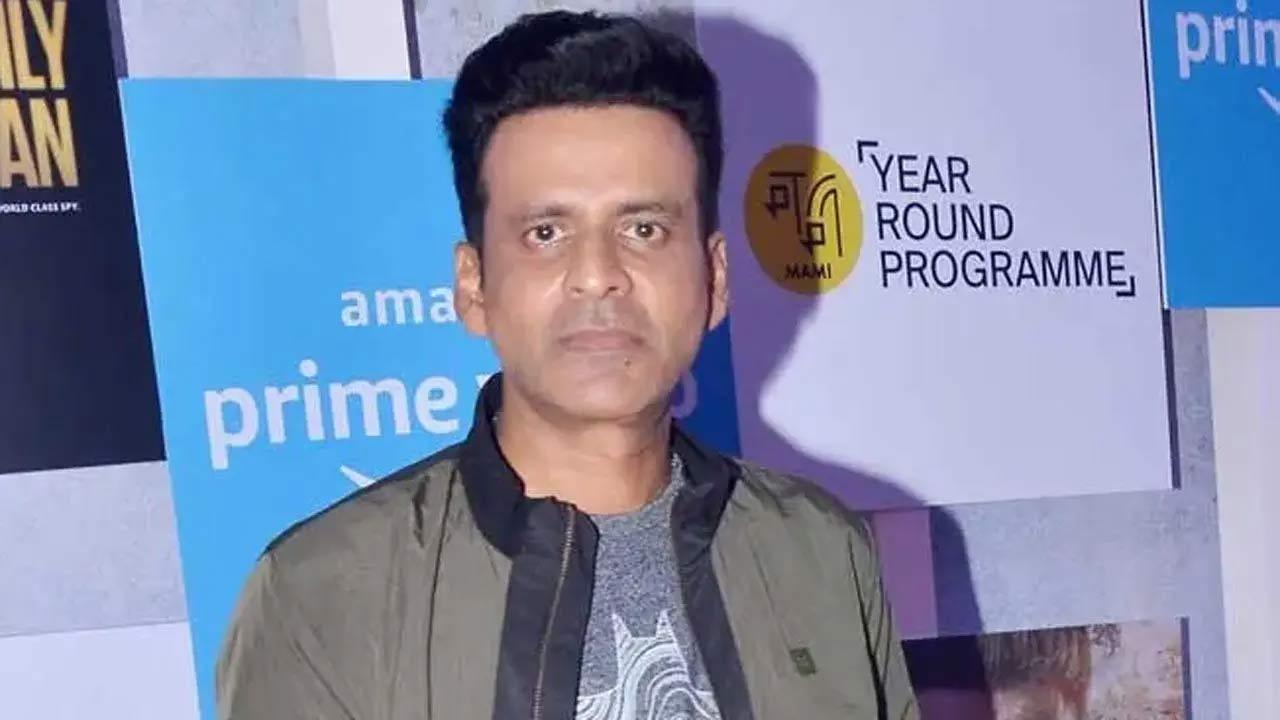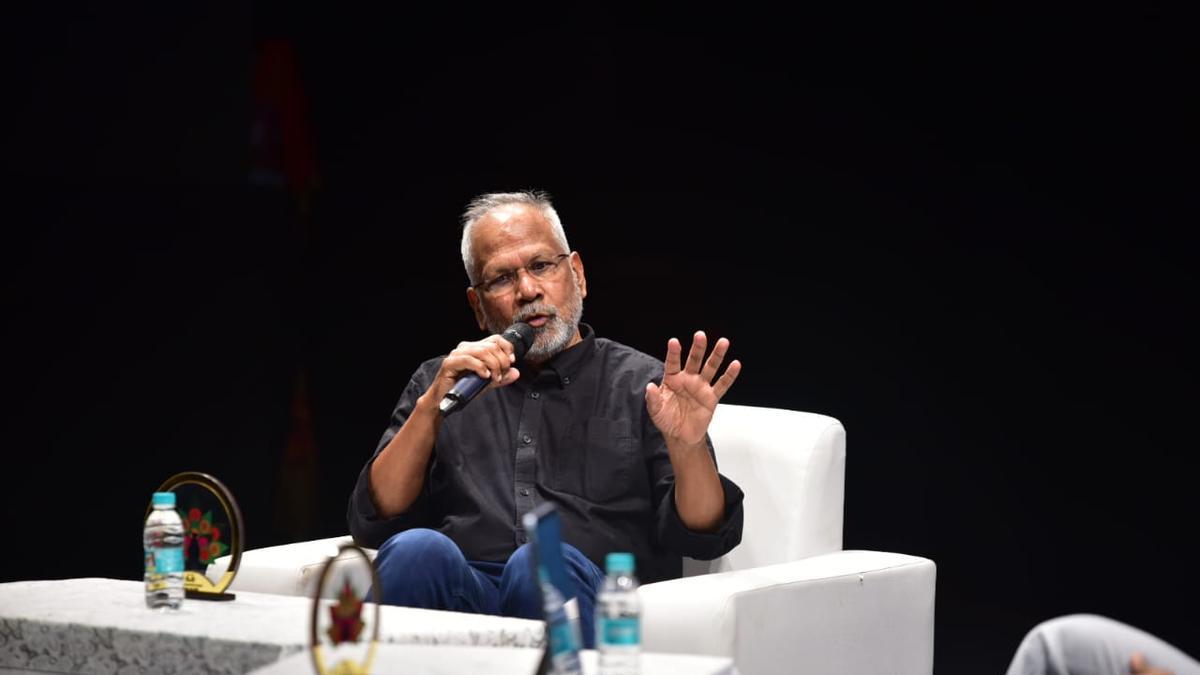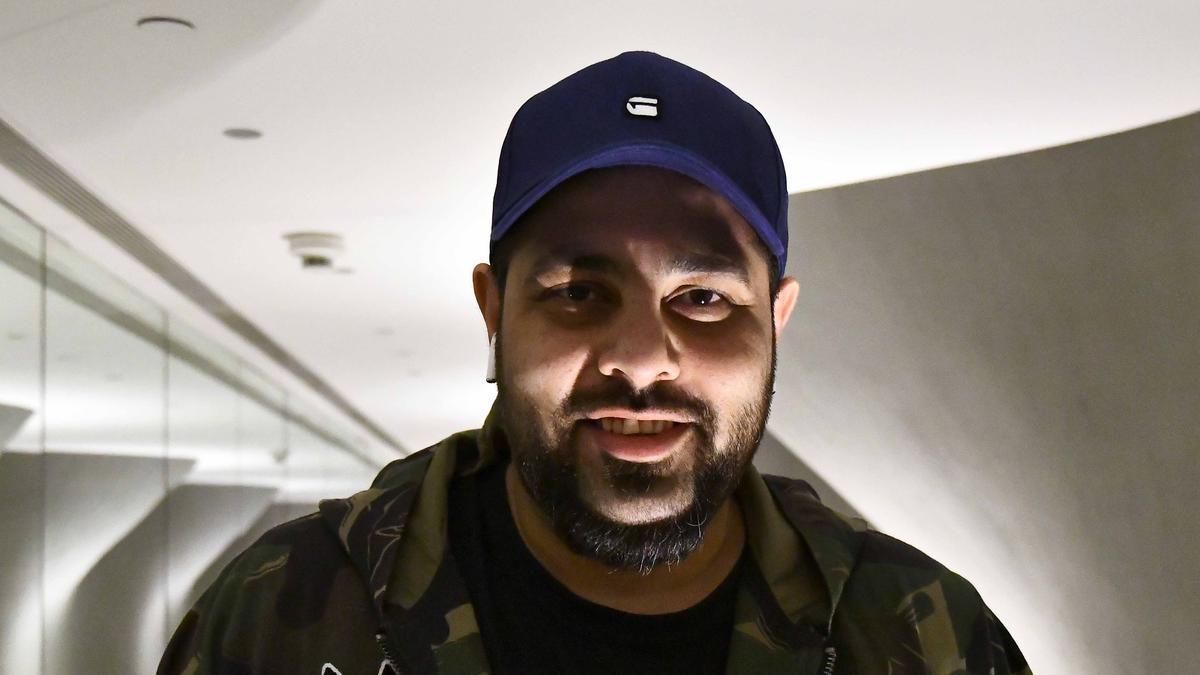
Amidst the extensive library of war epics, a new giant has emerged. In Apple TV+’s monumental 9-episode saga, “Masters of the Air,” viewers are submerged into the gripping adversities of World War II aerial combat sequences that resonate with a rarity of tenacity and bravado. This meticulously crafted tale showcases a group of airmen—the 100th Bomb Group of the United States Eighth Air Force—tasked with an almost unfathomable mission: to bomb key targets in Nazi Germany in the throes of war in 1943. Facing an onslaught of flak and the relentless pursuit of fearsome Messerschmitt Bf 109 fighters, their harrowing experiences become a testament to human resilience and the sheer power of cinematic storytelling.
When watching this formidable series, there’s an ever-present cloud of dread hanging over the audience, knowing each moment could spell a horrific end for these brave soldiers. The sight of B17 bombers, colloquially called ‘forts,’ being torn asunder on screen is reminiscent of the chilling Omaha Beach sequence in “Saving Private Ryan,” a reference that Spielberg and Hanks wear as a badge of honor. Their latest creative venture, following “Band of Brothers” and “The Pacific,” is unprecedented in its intensity and scope, immersing viewers in the brutal reality of war.
The narrative weaves through the collective journey of The Bloody Hundredth rather than fixating on individual acts of heroism. Characters, portrayed by a lineup of Hollywood notables, weave in and out of the storyline, moving with the unpredictability of the war that engulfs them. Central figures like the stoic Gale ‘Buck’ Cleven—played with a powerful restraint by Austin Butler—and the vibrant John ‘Bucky’ Egan—brought to life by the charismatic Callum Turner—guide us through the story of friendship and fortitude.
Emotional investments aren’t sidelined here. The audience journeys with Lt. Harry Crosby (Anthony Boyle), the series’ narrator, as he transitions from an air-sick navigator to a man marked by the psychological scars of war. As Crosby’s story unfolds, we are reminded of the series’ stark message: war’s senseless brutality affects all who are touched by its chaos.
Yet, “Masters of the Air” does not simply immerse viewers in the deadly skies over Europe. It periodically allows respites, following survivors as they attempt to detach from the trauma and mentally prepare for the next mission. These moments of levity underscore the harsh understanding that anyone could become a disregarded casualty of war. The audience also plunges into the raw narrative of capture, seen through characters like Sgt. William Quinn (Kai Alexander) and Lt. Ron Bailey (Ian Dunnett Jr), which intensifies the experience of perilous vulnerability.
However, the trajectory wades into controversial territory as the series attempts to justify American involvement in the war. In trying to pay homage to the tragedy of the Holocaust, it inadvertently borders on promoting a bygone national pride rather than a neutral recollection of history, slightly undermining characters like Major Robert ‘Rosie’ Rosenthal (Nate Mann).
The “Masters of the Air” commendably addresses racial bias, introducing the Tuskegee Airmen, yet the inclusion of characters like 2nd Lt. Alexander Jefferson (Branden Cook), should have delved deeper into the discriminatory experiences faced by Black soldiers during this period. Greater exposition on this front could have enriched the already complex fabric of the narrative.
Despite its infrequent wobbles, the series shines brightest in its unflinching storytelling and breathtaking production, funded by a staggering $250 million budget. At the helm, Spielberg, Hanks, and Gary Goetzman have created a technical and emotional masterpiece that has already taken its place as a formidable and distinguished piece of American television.
“Masters of the Air” has started streaming its first three episodes on Apple TV+, with the promise of new installments every Friday, inviting audiences to bear witness to the valor and cost of freedom fought in the highest theatres of war.










